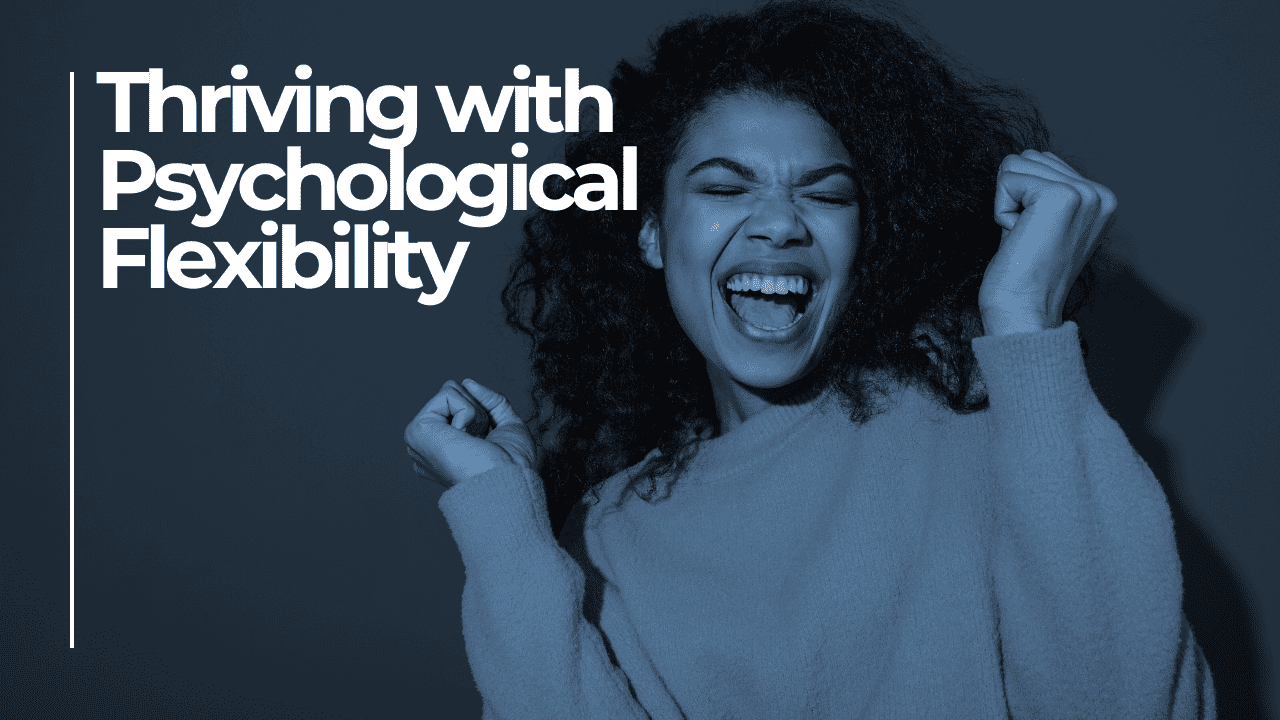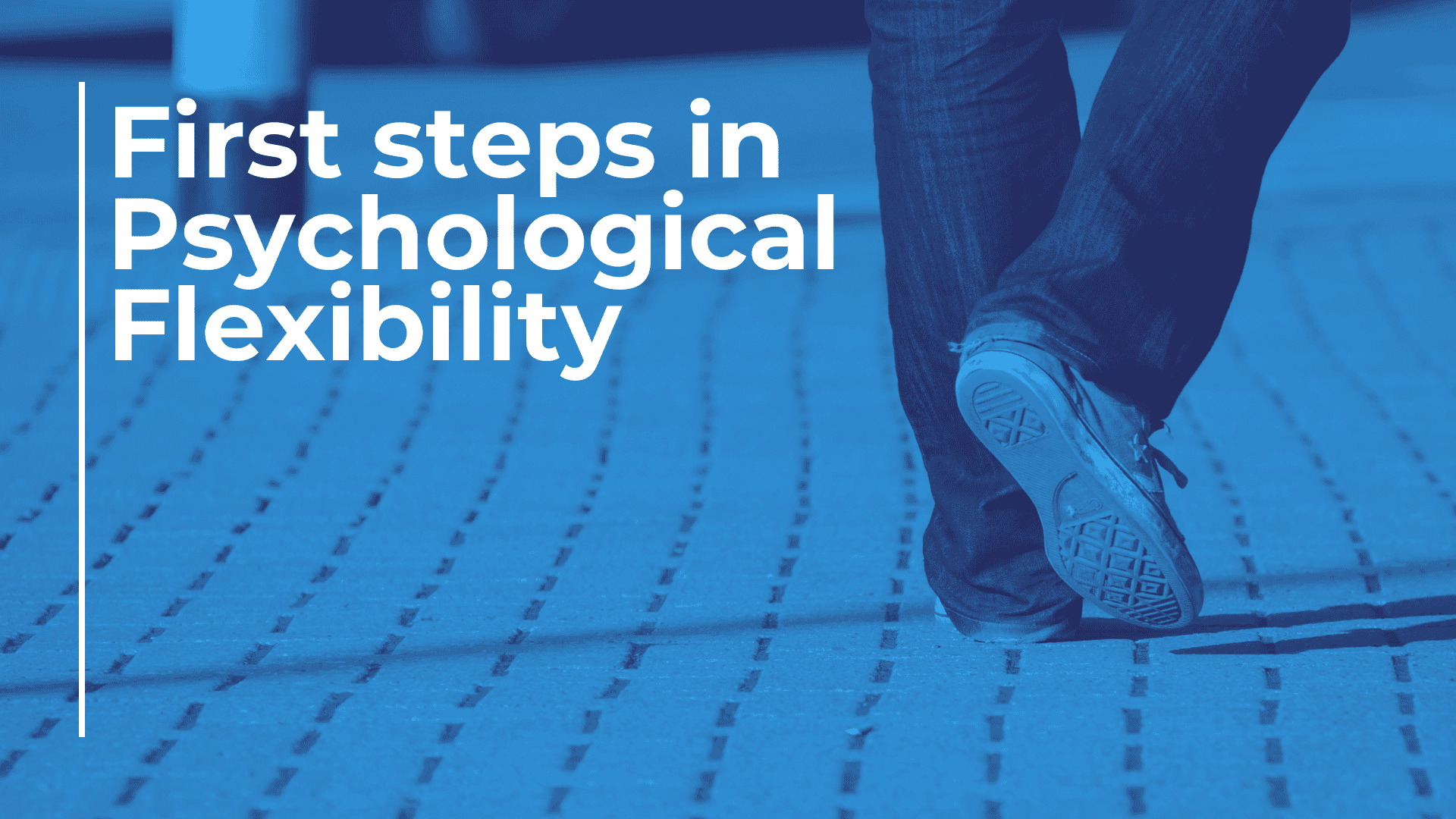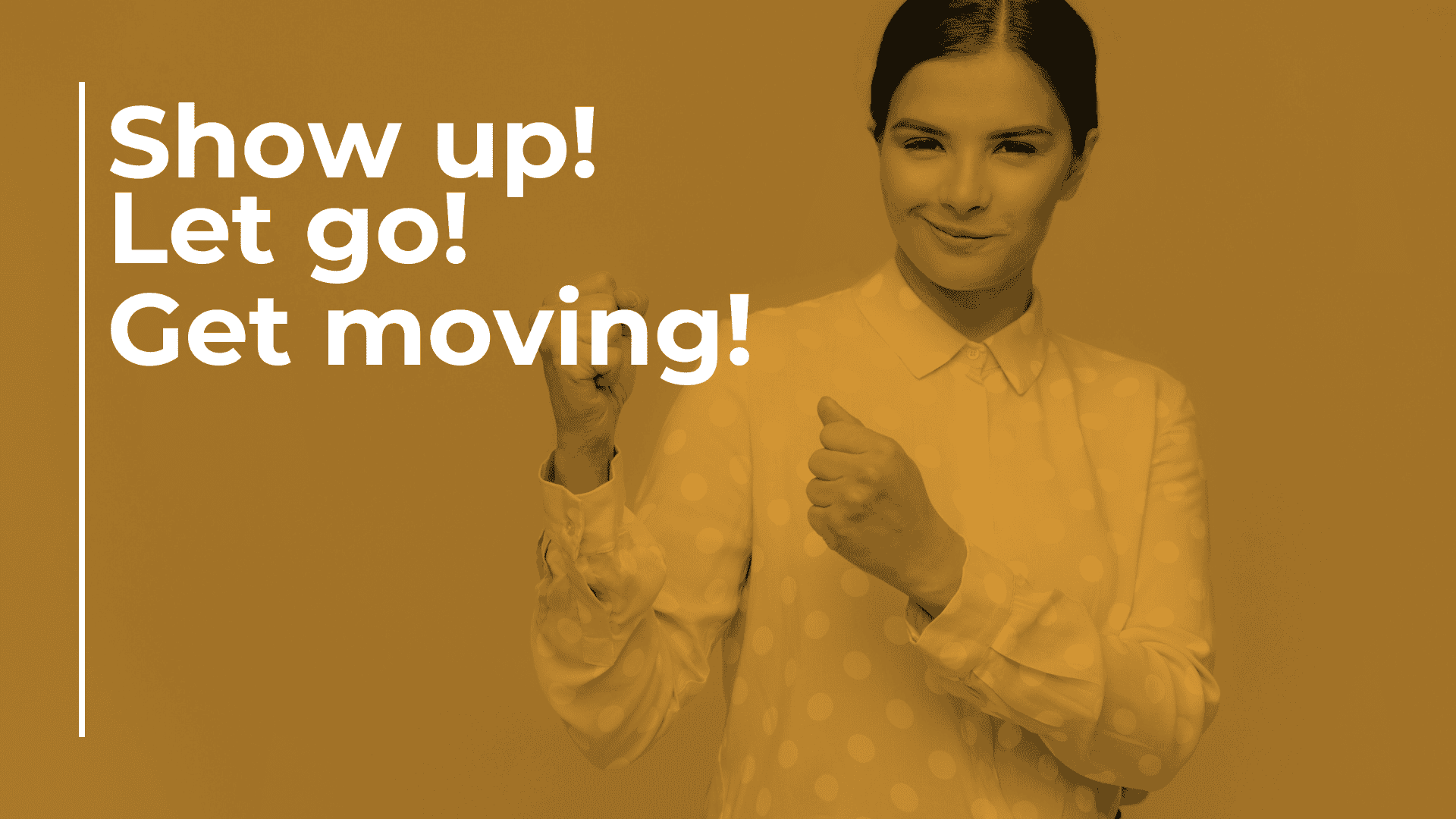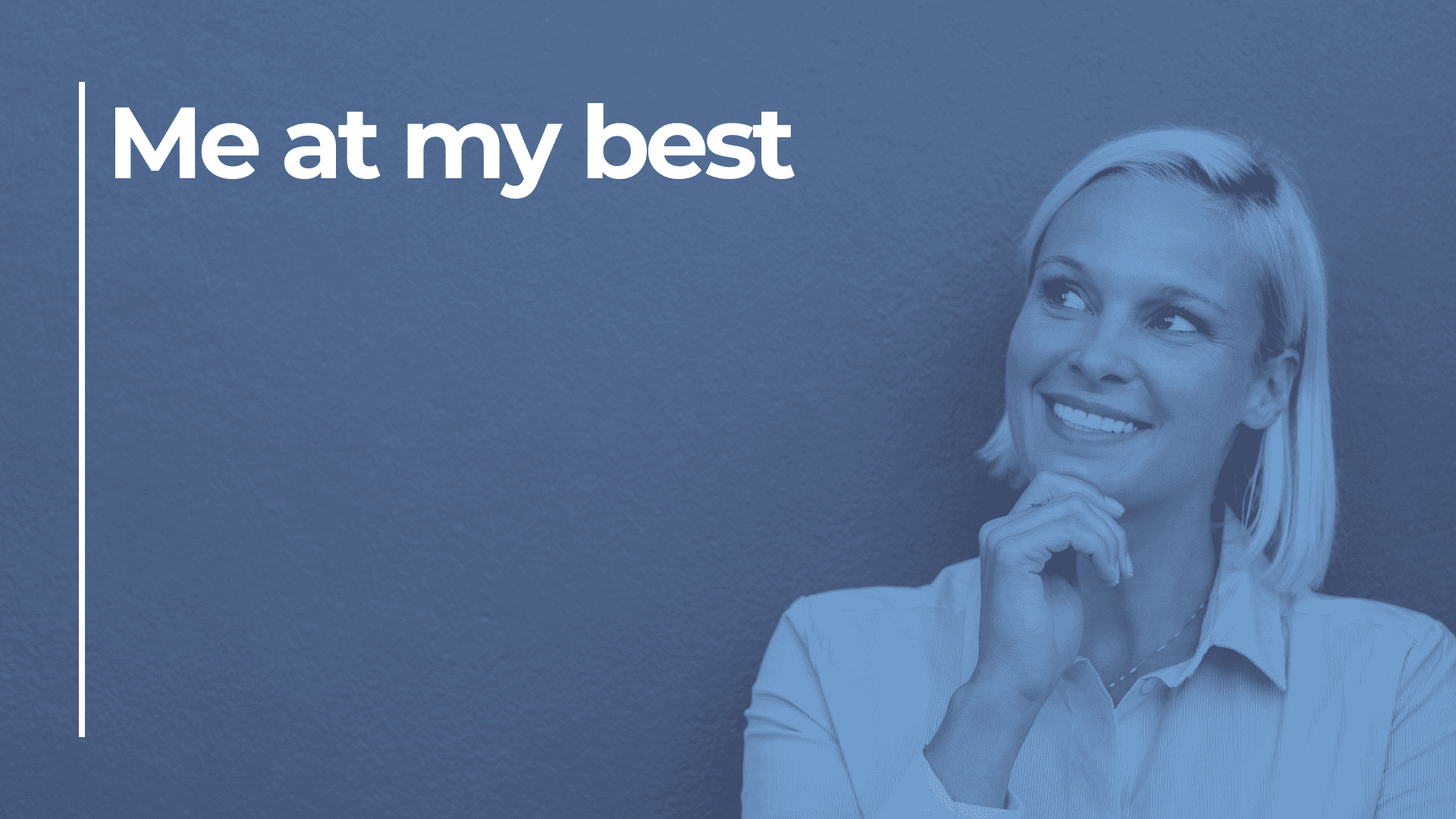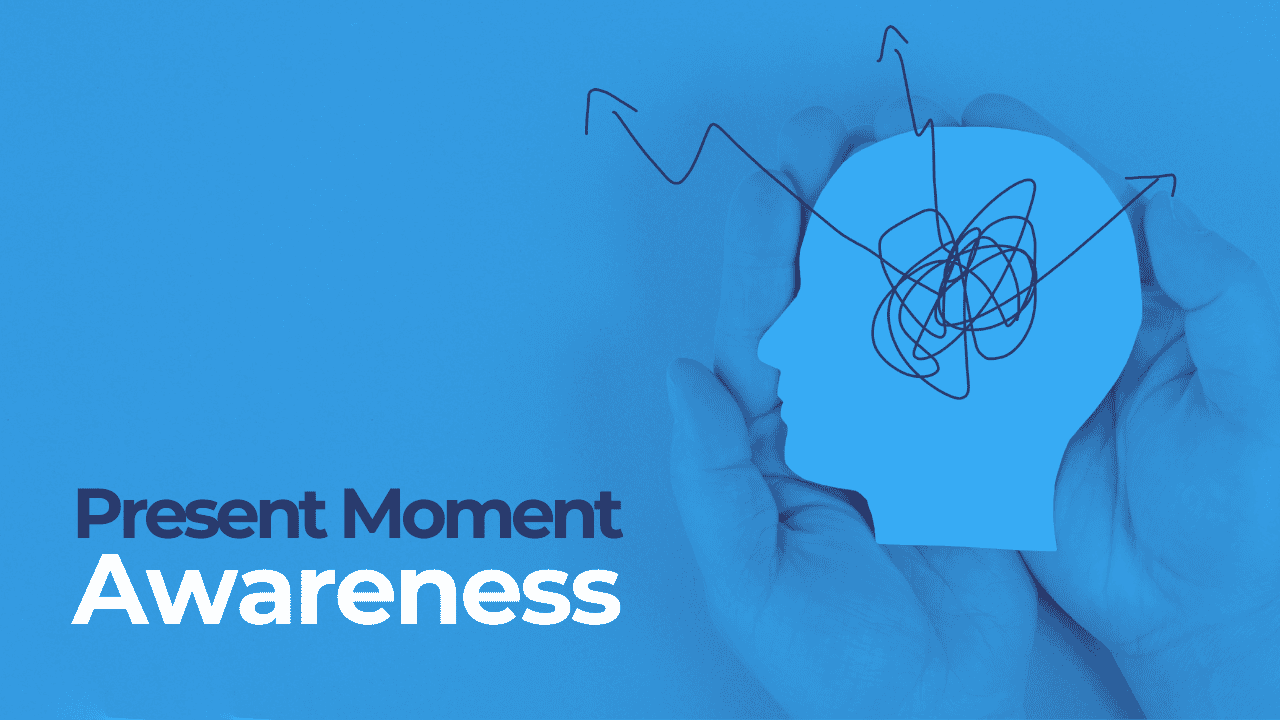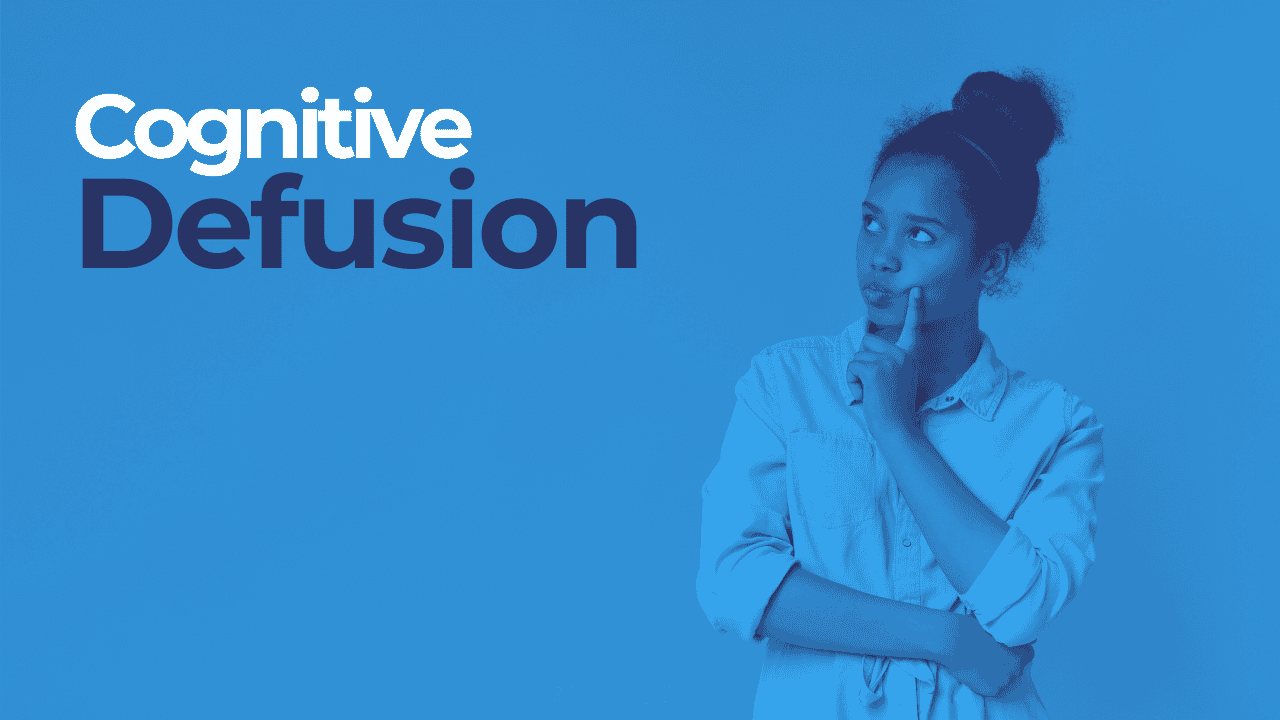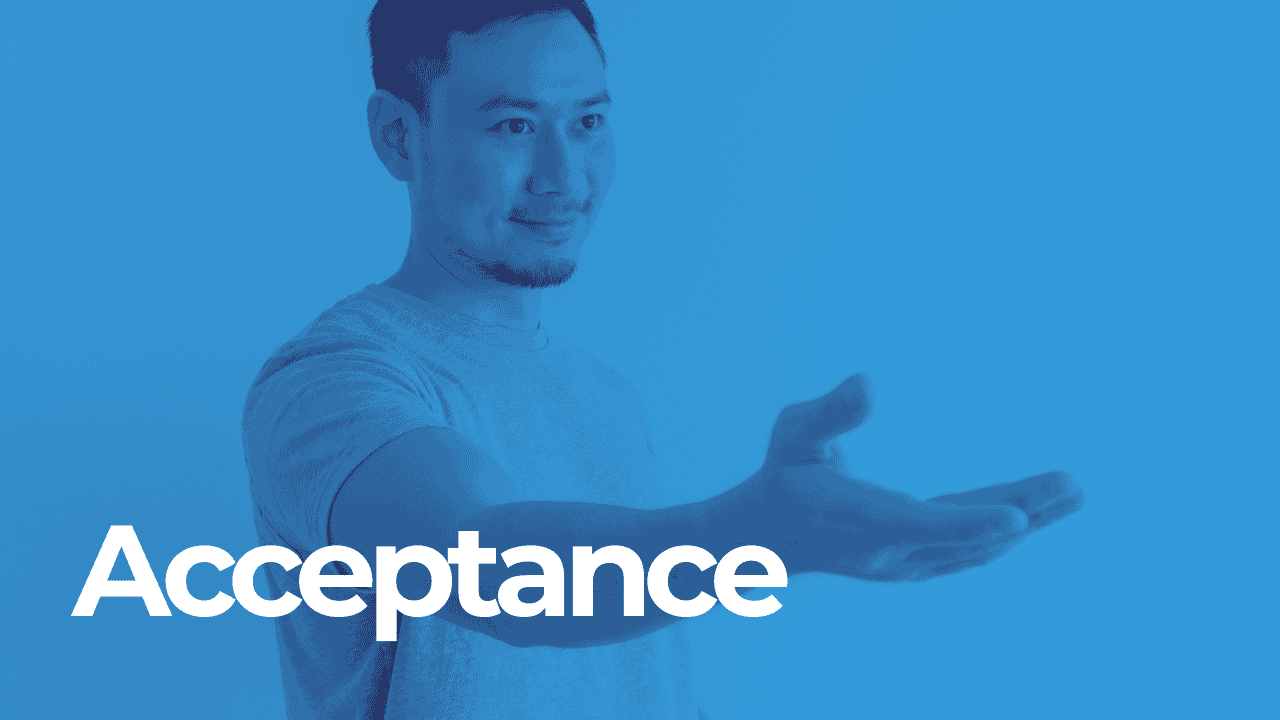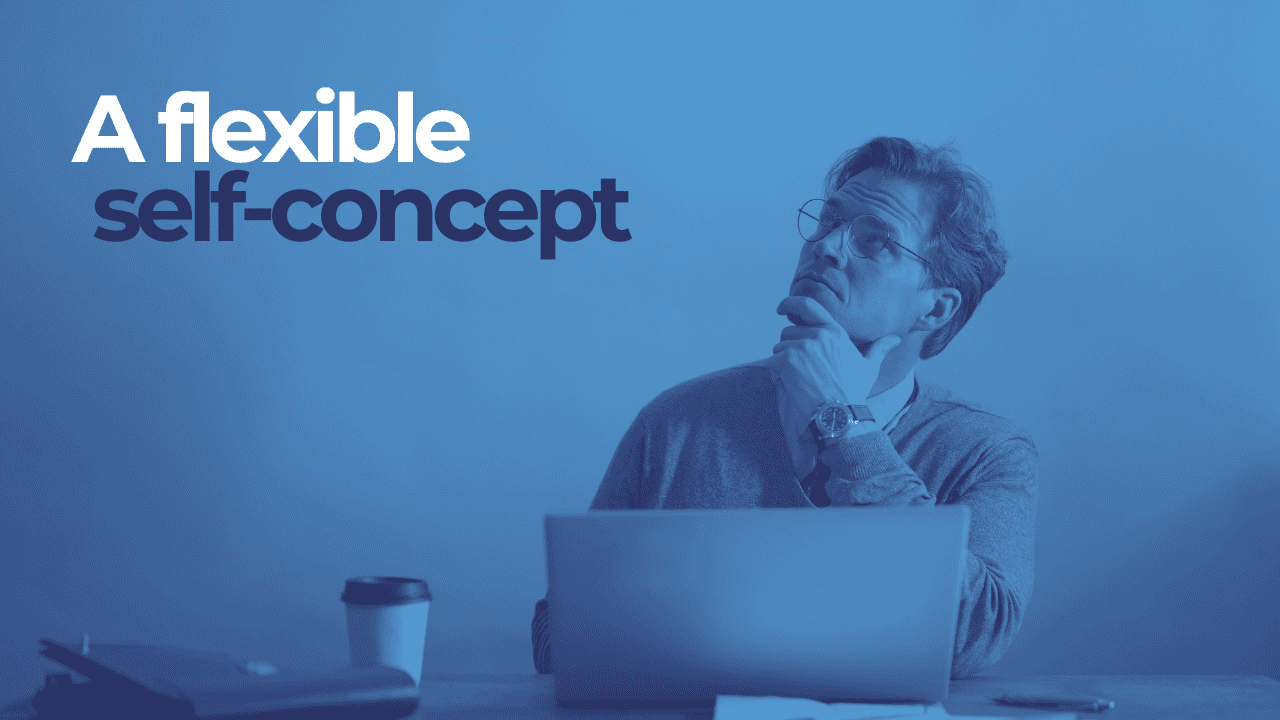These skills help us avoid pointless struggles with unwelcome inner experiences, ground us in the present here and now, while giving us clarity on what really matters so we can make progress towards our goals.
“Psychological flexibility is the ability to feel and think with openness, to attend voluntarily to your experience of the present moment, and to move your life in directions that are important to you, building habits that allow you to live life in accordance with your values and aspirations.”
Steven Hayes, ‘A Liberated Mind’.
While there are six key skills involved, we can also summarise them in the following easy to remember call to action:




